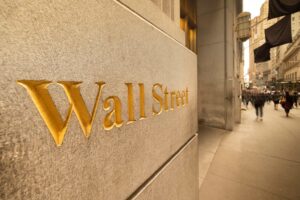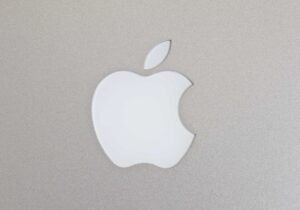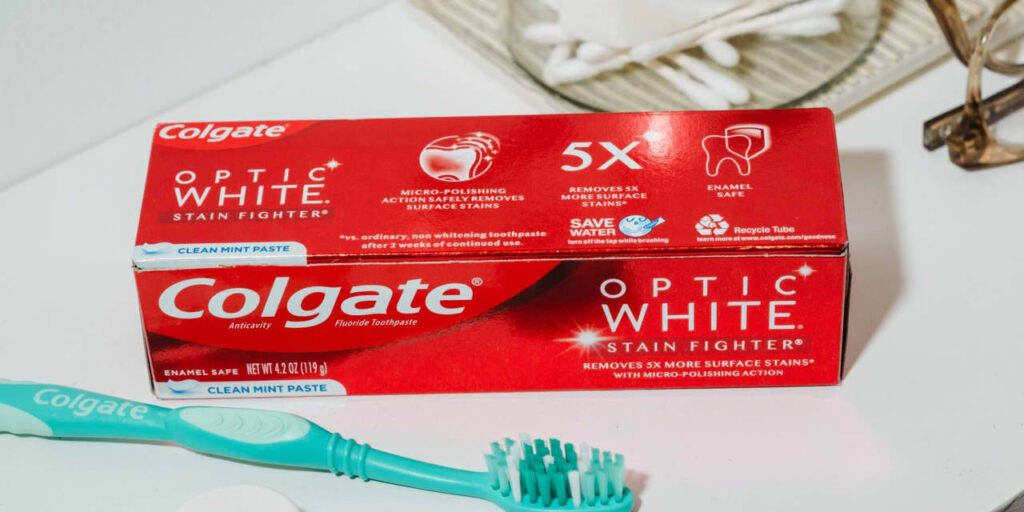Consumer staples stocks had a difficult 2023, although the picture has somewhat brightened this year.
Goldman Sachs
argues that despite some ongoing challenges, a few household product makers could really clean up in 2024—although ironically not
Clorox.
The
S&P 500
rose more than 24% last year, and the
Nasdaq Composite
soared 43% as big tech stocks saw massive gains that characterized investor appetite for risk.
The speculative mood and higher interest rates were a double blow to staples—their slow-but-steady performance shines during uncertain times, and dividends looked less attractive as bond yields were rising.
The upshot was the
Consumer Staples Select Sector SPDR ETF
went nowhere all year amid the broader market rally.
However, the fund has turned over a new leaf with the calendar—XLP is up about 2.2% year to date. That is still behind the S&P 500’s gains, but at least it is progress, and analysts have been getting somewhat more upbeat about the space. High profile players such as
PepsiCo,
Anheuser-Busch InBev,
and
Church & Dwight
have been upgraded in 2024.
Goldman Sachs analyst Bonnie Herzog assumed coverage of a number of household product makers on Friday, and writes the group still has headwinds to work through. But that doesn’t mean investors need to ignore the sector.
Part of the problem is that for such a staid category, staples have had a roller coaster few years. Demand soared for cleaning and household products during 2020 and 2021, when the pandemic had everyone at home and frantically disinfecting.
That swiftly gave way to supply chain constraints and inflation, which allowed companies across the board to take up pricing. That didn’t always protect margins, however, and eventually led to consumers buying less to stick to their budgets.
As the dust clears in 2024, staples stocks are likely looking at fewer price hikes this year, although that should allow people to once again buy more, lifting volumes. For her part, Herzog cautions discounts and promotions, common prepandemic, are likely to return in this new normal, “as supply chains are restored and the competitive environment heats up.”
Private label products—which took a back seat during the pandemic—are also back in a big way, with inflation leading shoppers to trade down to generic alternatives.
“We believe we are returning to an environment that will see private label’s secular rise in the U.S.,” writes Herzog, noting private label is gaining share within roughly 60% of household product categories.
It isn’t all bad news. She expects household product makers in her coverage will see their gross margins benefit from falling inflation (as their input costs decline). She also argues, with Goldman Sachs economists predicting global gross domestic product growth will be led by emerging markets, that these regions will be a bright spot for product makers with an international presence.
As for specific stocks,
Colgate-Palmolive,
Church & Dwight,
and
Kimberly-Clark
are her favorites. She has a Buy rating on each, with price targets of $93, $110, and $135, respectively. That implies roughly 10% growth or more for each stock.
Herzog believes Colgate is benefiting from its increased investments in marketing and innovation, as evidenced by its market share gains in the global toothpaste category for two straight years, along with other successes, such as in pet food. With nearly 43% of its business coming from emerging markets, she sees healthy sales growth ahead for the company.
Church & Dwight’s ability to expand internationally is also part of her bullish thesis on the stock, and she expects it can sustain its top-tier organic growth momentum.
She admits Kimberly-Clark is unpopular on the Street, but argues other analysts are underestimating the company’s ability to deliver better-than-expected margins as volumes improve and costs moderate.
By contrast, her only Sell rating in the industry is Clorox. She argues the company is facing fierce competition, and it is losing share to private label options as the gaps between its prices and generics widen. She has a $140 price target on the shares, some 5% below where they trade.
Ultimately many consumer staples companies are still in a tough spot. But even with all the upheaval in recent years, people are still brushing their teeth—and investors can take that to the bank.
Write to Teresa Rivas at teresa.rivas@barrons.com
Read the full article here












